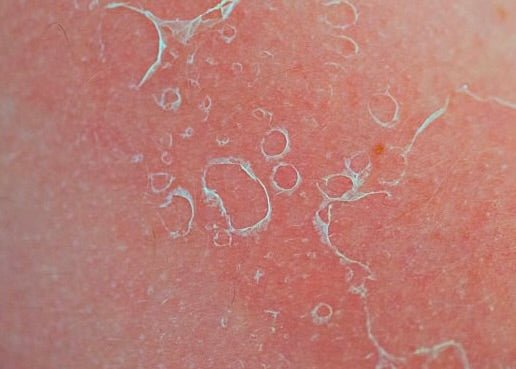
How to Shop for the Best Natural Face Mask
Shopping for the best natural face mask can be a daunting task. With the plethora of options available in the market, it's easy to feel overwhelmed. But don't worry, we're here to help you navigate through the maze of natural face masks and find the one that's perfect for your skin type and needs.
Understanding Your Skin Type
Before you start shopping for a natural face mask, it's essential to understand your skin type. This is because different skin types require different types of care. For instance, if you have oily skin, you might need a mask that can help control oil production, whereas if you have dry skin, you might need a mask that can provide intense hydration.
Generally, skin types can be categorized into five types: normal, oily, dry, combination, and sensitive. Each of these skin types has unique characteristics and needs, which should be taken into consideration when choosing a natural face mask.
Normal Skin
Normal skin is neither too dry nor too oily. It has a good balance of moisture, a smooth texture, and no severe sensitivity. If you have normal skin, you're lucky because you can use almost any type of natural face mask. However, it's still important to choose a mask that contains natural and sustainable ingredients to maintain the health and balance of your skin.
Oily Skin
Oily skin is characterized by excess oil on the face. If you have oily skin, you might experience frequent breakouts and large pores. A natural face mask with ingredients like green tea or clay can help control oil production and reduce the appearance of pores.
Dry Skin
Dry skin can feel tight and uncomfortable, especially after cleansing. It might also have a dull, rough complexion, red patches, and more visible lines. A hydrating natural face mask with ingredients like honey or aloe vera can provide the moisture that your skin needs.
Combination Skin
Combination skin is characterized by having both dry and oily areas. The oily part is usually the T-zone (forehead, nose, and chin), while the cheeks are dry. A balancing natural face mask with ingredients like rosewater or chamomile can help balance the oil production and provide the necessary hydration.
Sensitive Skin
Sensitive skin can show signs of redness, itching, burning, and dryness. It requires extra care and attention, so it's important to choose a natural face mask that is gentle and free from harsh chemicals. Ingredients like oatmeal or cucumber can soothe and calm sensitive skin.
Choosing the Right Ingredients
Once you've identified your skin type, the next step is to choose the right ingredients. Natural face masks are packed with a variety of natural and sustainable ingredients that offer numerous benefits for your skin.
Here are some of the most common ingredients found in natural face masks and their benefits:
- Clay: Excellent for oily and acne-prone skin, clay absorbs excess oil and unclogs pores.
- Honey: A natural humectant, honey helps to moisturize the skin and has antibacterial properties that can help fight acne.
- Aloe Vera: Known for its soothing and healing properties, aloe vera is great for sensitive and irritated skin.
- Green Tea: Packed with antioxidants, green tea can help fight the signs of aging and reduce inflammation.
- Charcoal: Charcoal can draw bacteria, chemicals, and dirt to the surface of the skin, helping to achieve a flawless complexion and fight acne.
Reading the Label
When shopping for a natural face mask, it's crucial to read the label carefully. This is because some products might claim to be "natural" or "organic," but they still contain harmful chemicals.
Look for products that are certified organic and free from parabens, sulfates, and synthetic fragrances. Also, check if the product is cruelty-free, meaning it's not tested on animals.
Another important thing to consider is the packaging. Opt for products that use sustainable packaging to reduce your environmental impact.
Trying Before Buying
Finally, before you commit to a full-size product, it's a good idea to try a sample first. This will allow you to see how your skin reacts to the product. Remember, what works for others might not work for you, so it's always best to test a product before investing in it.
Many brands offer samples or travel sizes of their products, which are perfect for trying before buying. You can also visit a physical store and ask for a sample.
Shopping for the best natural face mask doesn't have to be complicated. By understanding your skin type, choosing the right ingredients, reading the label, and trying before buying, you can find the perfect mask that will help you achieve healthy, glowing skin.
















